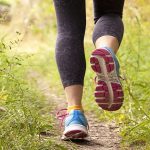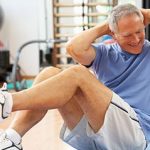
The swimmer came to shore struggling to breathe and coughing up blood. A keen competitive long-distance swimmer and triathlete, the woman was fit and healthy when she started a nighttime open water swim event. But a couple weeks earlier, she’d had breathing difficulties during another open water swim that had forced her to abandon the event. She’d felt breathless for days after. The woman, in her 50s, had fallen prey to what’s becoming better known as a hazard associated with open water swimming – fluid on the lungs, or pulmonary edema. Open water swimming has become very popular, but mounting evidence points to a link between the activity and a condition called swimming-induced pulmonary edema (SIPE), according to Dr. James Oldman, lead author of a study published Jan. 9 in BMJ Case Reports. Oldman is a cardiologist with Royal United Hospitals Bath NHS Foundation Trust in the U.K. First reported in 1989, SIPE leaves swimmers struggling to draw breath as fluid collects in the air sacs of the lungs. It affects an estimated 1% to 2% of open water swimmers, but cases are likely to be underreported, Oldman and his colleagues wrote. Older age, long distances, cold water, female gender, high blood pressure and heart disease are among the risk factors for SIPE, the researchers said. However, it often occurs even in those who are… read on > read on >



























-300x200.jpg)










